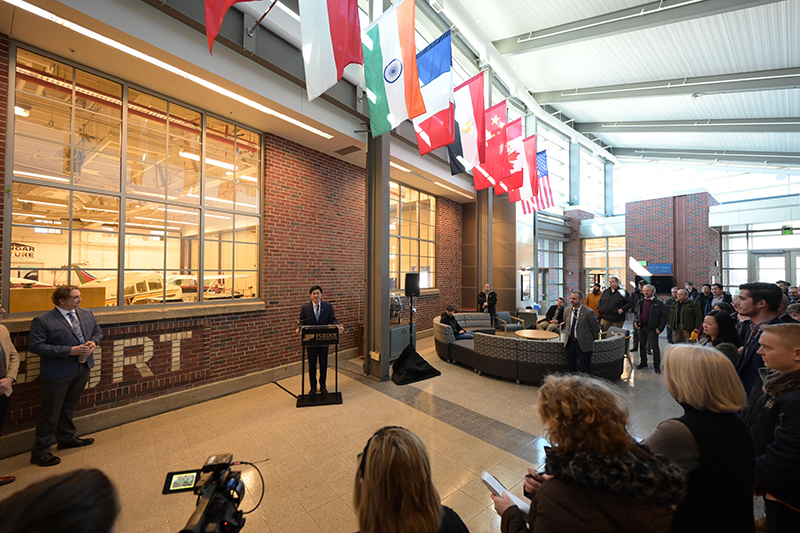Big Tech: Training AI is fair use | LinkedIn
Chamber of Progress, a tech-industry lobbying group whose members include Apple, Meta, and Amazon, has launched a campaign to defend the practice of using copyrighted works to train artificial intelligence. The group aims to show how generative AI can be deployed by artists to “enhance their creative output” under the legal principle of fair use, writes The Hollywood Reporter. Currently, protected work can be used to produce new secondary work if it’s “transformative.” Unless Congress steps in, it will be up to the courts to rule on whether copyrighted material can be used to train AI systems.
The Impact of AI Training on Source Material
The biggest consideration about AI right now is the source material for training the LLMs. Recently, Adobe changed their Terms of Service to state that any content made using their software will be used for source material to train AI models. This change, while shocking to some, follows the pattern of how many platforms treat the data stored within them.
However, questions arise regarding privacy. With concerns about privacy becoming more prevalent, organizations must address key issues surrounding AI:
- How can businesses handle private customer information while maintaining privacy and competitiveness?
- Where do the liabilities lie in this landscape?
- What are the risks versus the rewards of utilizing AI in this capacity?

While programmed biases and hallucinations are challenges for the future, many organizations are not yet prepared to develop their own AI models and may opt to test AI through APIs provided by other entities.
Protecting Artists' Rights in the AI Era
It is essential to address the issue of fair use and copyright protection in the realm of AI. The Chamber of Progress advocates for the legal use of copyrighted works to train AI systems, drawing both support and criticism from various stakeholders. This coalition of tech giants seeks to expand their immunity to shield themselves from liability related to Generative AI.
As debates on the morality and legality of using copyrighted material for AI training continue, it is crucial for regulatory bodies to examine the implications of such practices. The implications of these actions could have far-reaching effects on content creators and copyright holders.
Industry Collaboration and Accountability
The collaboration of tech industry giants in lobbying for the fair use of copyrighted content underscores the need for accountability and transparency in the AI sector. The Chamber of Progress's campaign raises questions about anticompetitive practices and the influence of Big Tech on regulatory frameworks.

The Federal Trade Commission and other regulatory bodies play a crucial role in overseeing these developments and ensuring a level playing field for all stakeholders involved.
As the debate on generative AI and copyright continues, it is imperative to strike a balance between innovation and ethical practices to create an ecosystem that benefits all participants.




















